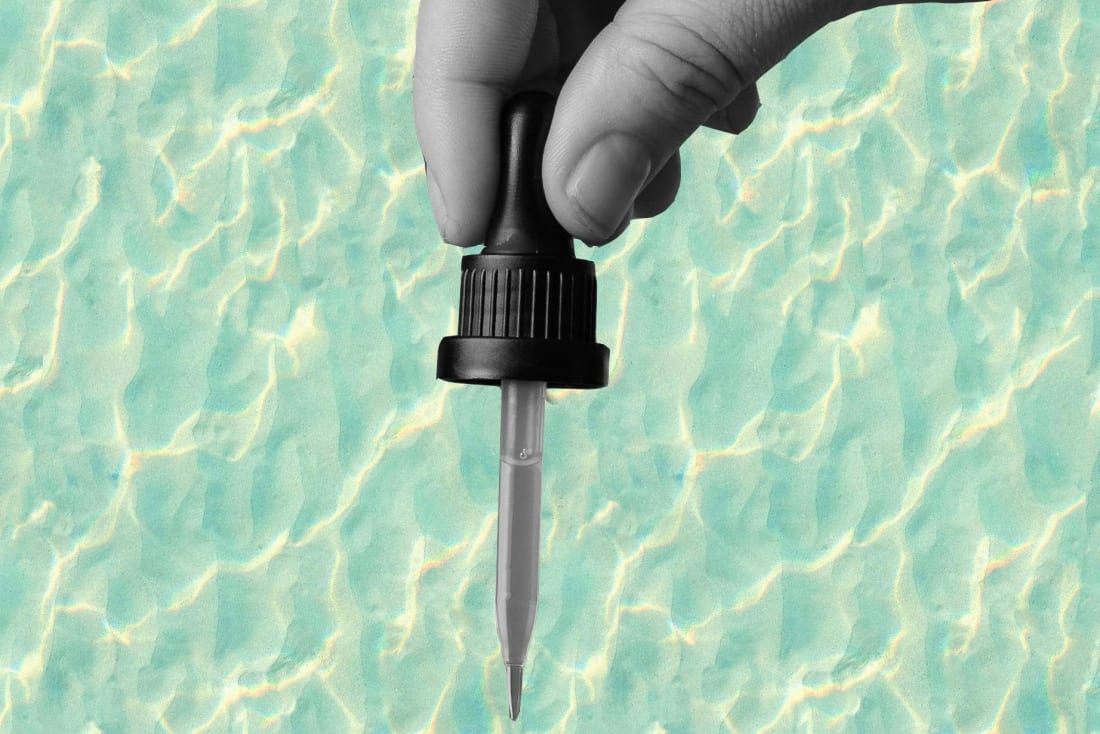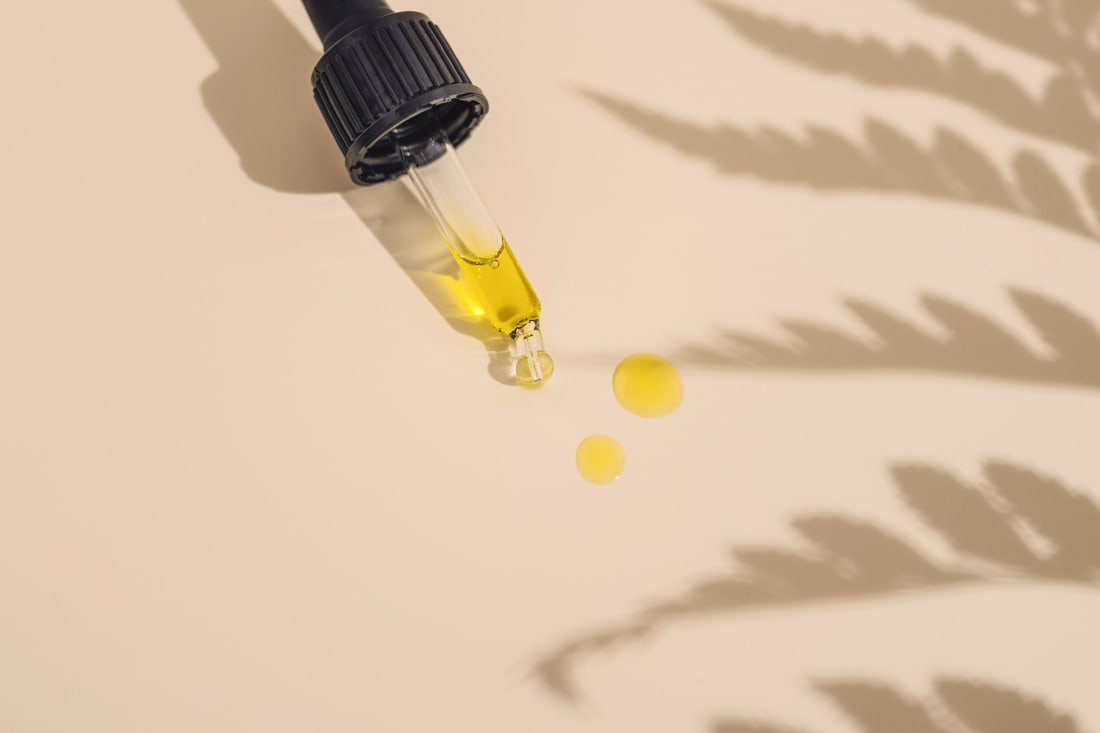Which vitamins and supplements do you actually need?
Here's your cheat sheet to supercharging vitamins and supplements into your diet - thank us later!
Here's your cheat sheet to supercharging vitamins and supplements into your diet - thank us later!
Vitamins and supplements are long-time faves in the health and wellness space. So it’s no surprise that picking out the supplements for you can feel…kind of overwhelming, actually. That’s why, sometimes, we need to circle back to the source and ask the obvious questions. In this case; which vitamins and supplements do you actually need?
While there have been many studies about the benefits and effects of supplementation, don’t feel any pressure to take every vitamin over the sun. If you’re already sufficient in something, you don’t necessarily need to be taking a supplement for it. But how do you know what you should be taking?
According to Functional Nutritionist Pauline Cox MSc, “common deficiencies in the UK population include Vitamin D, omega-3 fatty acids and magnesium, and those who follow a vegan diet may also have deficiencies in iron and B12.” Ultimately, she explains that “regular supplementation of all these can have a positive effect on our physical and mental well being,” and as a generation, we’re pretty serious about this stuff.
Vitamin B12
Needed to form red blood cells and DNA, vitamin B12 is also a major player when it comes to brain and nerve cells development. It binds to the protein in the foods we eat, (meat, poultry, fish and dairy products are high in B12) and when it reaches the stomach, it’s unbinded into its free form by enzymes and hydrochloric acid.
You’ll know if you’re deficient in B12 because you’ll probably start experiencing symptoms such as nausea, fatigue, weak muscles, trouble walking, numbness, irritability, weight loss, and an increased heart rate. And like Pauline said, it’s typically more common amongst vegans due to its high prevalence in dairy and meat products.
Of course, vitamin B12 doesn’t just exist in the carnivorous world - it can be found in plant-based options like cereals, mushrooms, and meat alternatives like tempeh, but the content isn’t usually as high as in foods like chicken and eggs.
Vitamin D
Ah, the sunshine vitamin. During summer, we lap up as much of this vitamin as we can get - whether it’s on our hols or in our back garden - and we (responsibly) bask in the sunshine in the hopes it’ll give us glowing skin and keep us happy and healthy. But did you also know that vitty D helps to regulate the amount of phosphate and calcium in our bodies, too? These are the essential nutrients we need to keep our muscles, teeth and bones healthy.
But living in the UK where we can’t always guarantee Med-style weather from May to September, do we get a decent dosage or do we need a helping hand? If you feel as though your moods are lower than usual, and your immune system has started playing up, you may be experiencing a deficiency. (You can also develop osteoporosis from not getting enough vitamin D, which is a health condition that weakens the bones.)
Vitamin C
Vitamin C, or otherwise known as ascorbic acid, is another non-negotiable body essential. It has plenty of important functions, including helping to protect cells and keep them healthy, forming and maintaining blood vessels, cartilage, collagen, and muscles in bones, as well as aiding the body’s healing process.
When talking about the foods which are high in vitamin C - hands up if you were given obscene amounts of orange juice as a kid when you were ill - the trusty orange is probably the first thing that springs to mind. But there are also lots of other fruits, veggies, and foods that are packed with the C vitamin. From strawberries, blackcurrants, peppers, broccoli, brussels sprouts and potatoes, make sure you feed yourself a generous amount throughout the week.
And what about signs that your body could do with some more? Fatigue, weakness, low mood and irritability are the main ones, plus other non-ideal symptoms like joint and muscle pain, swollen or bleeding gums, nosebleeds, easy bruising and blue or red spots on your skin.
Vitamin E
Vitamin E is actually a group of eight fat-soluble compounds, and they’ve all got powerful antioxidant effects. You’ll find naturally occurring vitamin E in a variety of foods, including nuts, seeds, some veggies (raw red pepper, cooked butternut squash and broccoli and raw spinach), and some fortified products.
In terms of the role it plays in your body, vitamin E is very multi-faceted, but it’s perhaps best known for its antioxidant properties. It protects your cells from any oxidative damage by neutralising free radicals - harmful molecules that can damage cells and cause illness and ageing.
Aside from this, vitamin E is also responsible for maintaining healthy skin and eyes, and strengthening the body’s natural defence - the immune system - against different illnesses and infections.
When someone has a deficiency in this vitamin, it can cause a variety of complications. From impairing coordination and reflexes to experiencing weak muscles and difficulty walking, people are diagnosed based on their individual symptoms plus the results of a physical examination. Luckily, a vitamin E deficiency can be rectified by taking supplements.
Vitamin K
Vitamin K is also a group of fat-soluble vitamins. They’re important for blood clotting, regulating calcium levels in the blood, and bone metabolism. Without it, the body is unable to produce prothrombin, a protein produced in the liver that helps the blood to clot properly.
If you’re currently taking blood thinning medication, you need to make sure that your vitamin K intake is about the same every day. In this instance, it’s recommended you contact your doctor for advice on supplements and dietary requirements.
Because vitamin K is so essential blood-clot-wise, a deficiency could look like the following: heavy menstrual periods, excessive bleeding from wounds, blood in the urine and/or stool, bleeding from your GI tract, and bruising easily. Alexa, play “I Bruise Easily” by Natasha Bedingfield.
Supplements for vegans
Certain vitamins can be tricky to find in vegan diets. While veganism can be highly nutritious and helpful in reducing the risk of chronic conditions, some of the forbidden fruits (or meats, in this case) can be the main provider of a number of vitamins. Here’s what you may need to capture food or supplements-wise:
Iron
This is super important for healthy red blood cells and haemoglobin function. Plant-based vegan foods rich in iron include dark leafy greens, chickpeas, lentils, tofu, and nuts. Plus, vitamin C also boosts iron absorption, so eating foods high in this or popping a vitamin pill will also help with iron deficiency.
Protein
If you want 10/10 muscle and bone repair and regrowth, getting enough protein is essential. You can fix this by having a plant-based protein with each meal, like tempeh, beans and pulses or by trying vegan protein powder.
Zinc
Zinc plays a major role in making sure the immune system is constantly up-and-running. It’s also important for vision and contributes to normal carbohydrate metabolism. Whole grains, soya, nuts and seeds are all high in zinc and are great vegan alternatives.
Multivitamins and solutions-focussed supplements
As a last piece of advice, remember, it’s all about balance! That's why, in addition to straight-up single ingredient vitamins, it's worth exploring the world of multivitamins and supplements like probiotics, as well as solution-focussed remedies to help you reset and boost specific areas like immune system health, energy levels or brain functioning.
Head to our marketplace for a specially curated selection of supplements and vitamins.



